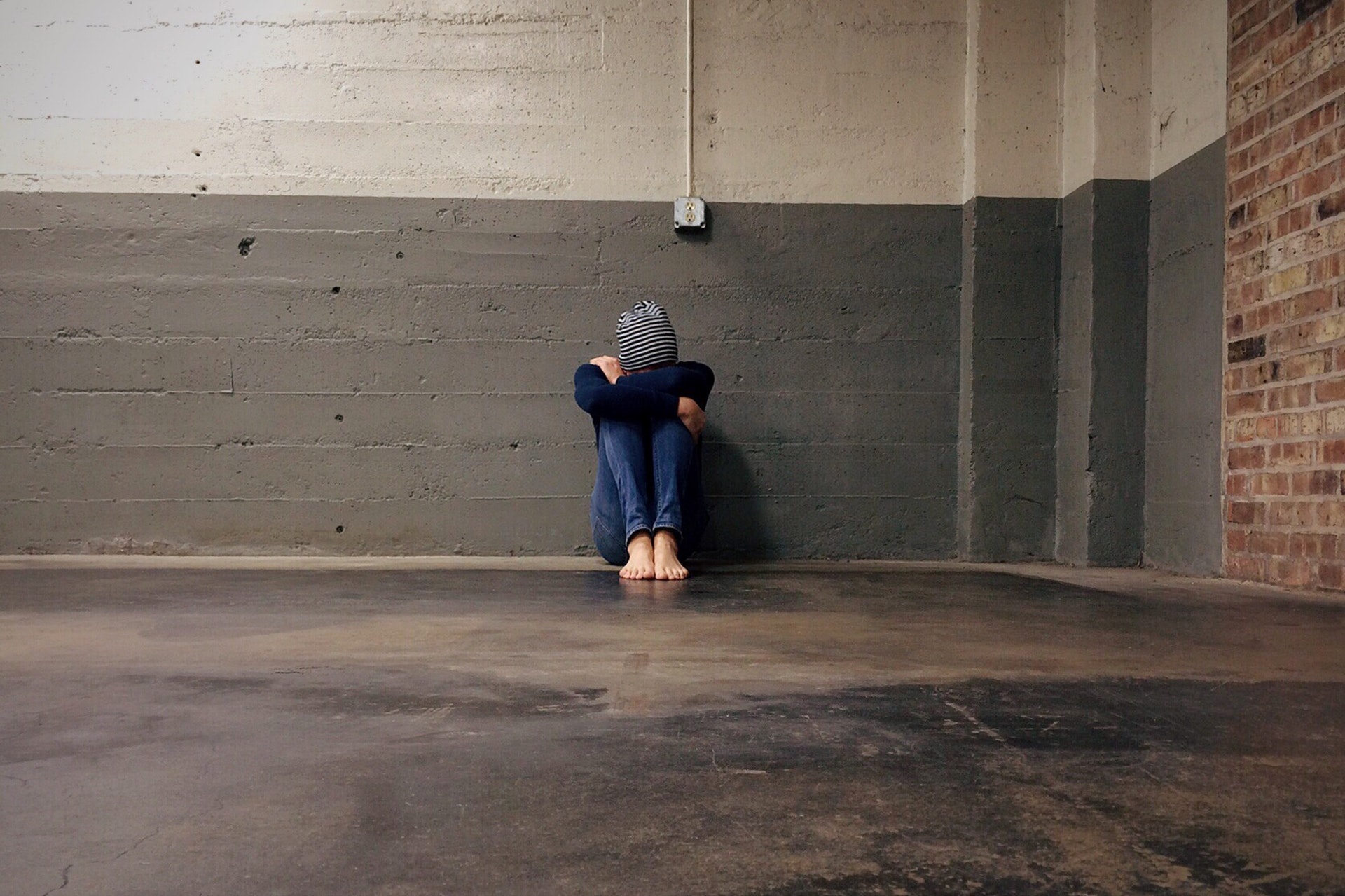

Domestic violence has been called an epidemic in the United States and includes physical, sexual, emotional, and economic abuse. Each year over 12 million women and men in this country are victims of what’s referred to as “intimate partner violence.”
California is a no-fault state on divorce but there are instances where fault can be a factor, including a domestic violence conviction. Domestic violence can influence property division and child custody matters, too. It’s important to understand how California courts view domestic violence and how it is handled during a divorce case.
In California, domestic violence as defined by the courts involves a minor or serious injury against a close family member or intimate partner. Under California’s Domestic Violence Prevention Act, special rules apply when dealing with domestic violence charges, including spouse and abuse and child endangerment.
“Violent actions” can include:
Two people do not need to live in the same residence for domestic violence to occur. Any abuse by a spouse, former spouse, current or former cohabitant, someone the abuser has or is having a child with, or someone in a past or current dating relationship is considered a crime.
Not only is domestic violence considered a serious crime in California, it is aggressively prosecuted. Any violent or threatening act, even if the alleged abuser did not intend to harm the other person, can be grounds for prosecution under California’s domestic violence laws.
If police believe domestic violence has taken place they are mandated by California law to arrest the perpetrator. That is, if the officer has probable cause to think one person has abused a partner, spouse, or other family member, an arrest must be made regardless of gender or other factors like sexual orientation, and even if the person who was allegedly attacked says they do not want to press charges.
In order to protect someone from physical abuse, harm, or threat of abuse or harm, courts will issue domestic violence restraining orders. There are four such orders in California:
Depending on which order is obtained, there will be actions the restrained person must comply with including not contacting the alleged victim, paying certain bills, moving out of a shared residence, and being denied the right to carry a gun. Violation of a restraining order comes with severe penalties.
Physical and legal child custody can be affected by domestic violence charges. California law has strict guidelines that determine how the law will apply in a specific case. In all cases, the courts strive to put a child’s safety first, devising a parenting plan that keeps everyone safe.
If you or someone you know is facing domestic violence charges, or if you and/or your child are the victims of domestic violence, an experienced family law and criminal defense attorney can help you understand how the laws apply to your case. Talk to them about your concerns with respect to visitation, restraining orders, and other matters so they can fully represent your interests in court.
While Coronavirus has changed our lives with sheltering in place, restrictions on our day to day activities, and causing health concerns for many people, staying home has created unintended consequences including a rise in domestic violence.
With increased stress and potential increased substance abuse, this can lead to increased risk of domestic violence.
To victims of domestic violence, these restrictions can be life threatening. Alarmingly, since the start of the pandemic, there has been a rise in reports of domestic violence. There are no escapes or ways to cool off and people are forced to quarantine together which can make an already dangerous situation even more dangerous.
During this shelter in place, many victims of domestic violence may be too scared to seek help or with so many closures of public resources and a limited access to justice, victims of domestic violence may feel as though there is nowhere to turn.
The San Diego District Attorney’s office has created special resources online in both English and Spanish for victims to seek help. Although San Diego Superior Court remains closed for most functions, all four courthouses in the county remain open Monday-Friday for restraining order requests.
The court will review your request remotely along with any evidence you submit and issue a restraining order if the court finds you have met your burden of proof. The restraining order can include move out orders forcing the domestic violence perpetrator to leave the residence, so you are protected. The restraining order can also include temporary custody orders, if children are involved, and orders for one party to continue making monthly financial payments such as cell phone bills or rent.
If you are a victim of domestic violence or are in immediate danger of further violence, the attorneys at Minella Law Group, can help. We offer remote services to meet with you and prepare your case for filing, the shelter in place restrictions do not prevent us from continuing to serve our clients to the best of our abilities.
Obtaining a Restraining Order as a Victim of Domestic Violence
In San Diego, it is possible to obtain a domestic violence restraining order from the legal judicial system, which will effectively prohibit an individual from performing any actions that may harass, or harm you in any way. Although it is intended to protect the individual for whom it is taken out, a restraining order is a civil order, meaning that it will not provide an abuser with a criminal record unless they violate the order.
Who can Apply for a Domestic Violence Restraining Order?
In some cases, domestic violence restraining orders are issued by judges in particularly heated legal situations, such as a custody battle or ongoing divorce that is causing a potentially dangerous or threatening situation between certain individuals. However, victims of domestic abuse, or violence can also obtain a restraining order if they have been the subject of abuse by their spouse, family member or any previously present individual, so long as the victim is either an emancipated minor or over the age of 18. The term ‘domestic violence’ can refer to any of the following acts that have been committed against a victim:
o Sexual assault
o Assault
o Terrorist threats
o Stalking
o Kidnapping
o Homicide
o Criminal trespass
o Harassment
o Criminal sexual contact
o Burglary
o Damaging personal property
What can a Domestic Violence Restraining Order do for Victims of Domestic Violence?
As a victim of domestic violence, an individual can request a judge to sign a document called a ‘Domestic Violence Restraining Order’, which demands that the abuser obey the law and follow rules regarding what they can, and cannot do. For example, the abuser may be required to have no contact with the victim either at home, via phone or email, at work, or anywhere else you might ask the court to place on the order.
The order may also work to protect other individuals within your family if you believe that they are at risk. The court could demand that the abuser in question leaves your family home, shared apartment, or domicile in which you live, even if that particular piece of real estate is in the abuser’s name.
In San Diego, a court may rule that the abuser must pay any financial costs that may have arose as a result of the abuse. For example, any medical or dental treatment, household bills that are immediately due, loss of earnings or expenses caused by moving home. The judge may also demand that your abuser pays for any fees that must be paid to an attorney on your behalf as a result of having to seek a domestic violence restraining order.
How Long will a Domestic Violence Restraining Order Last?
When you initially file to obtain protection from the law, it will only be on a temporary basis. The order that you receive will indicate a specific date at which point you must return to the court alongside the abuser to endure a formal proceeding. If your abuser does not arrive as expected at the hearing, then you may find that the judge either enters a final order if you have proof as to the abuser being served a notice to appear, or continue the temporary order until the individual can attend.
Remember, the courts will take domestic abuse very seriously, and you will not be asked to serve papers to the abuser on their behalf. So you do not have to worry about that. The local sheriff will serve the restraining order as soon as possible so they are aware that there is an order in place. Once they have been served, they are on notice and must obey the orders or they can be arrested.
Minella Law Group Can Help!
If you or someone you know is the victim of domestic violence and need assistance obtaining a domestic violence restraining order the qualified staff at Minella Law Group can assist you. For more information or to schedule an appointment, click the button above, or call us at (619) 289-7948. We look forward to helping you.
Domestic violence restraining order renewals (DVTRO’s) should not be taken lightly as criminal and civil penalties attach to the orders. During the existence of the orders the restrained party needs to adhere to the orders to make sure there have been no violations. Having a domestic violence restraining order on your record can seriously impact your life. A DVTRO will show up on background checks and might prevent you from getting a job or coaching a sports team. If the restrained party needs to cross the border, this can cause detainment as well as a more thorough search of belongings. Most importantly, the restrained party cannot possess any firearms while there is a DVTRO. A restraining order can last up to five years, however upon the expiration of the order the protected party can file a request for a Domestic Violence Restraining Order Renewals up to three months before the expiration of the order. The judge will consider their request and has the authority to grant a permanent restraining order which would be in existence until further court order. The potential is there for the DVTRO to remain in place for the restrained party’s entire life!
Can I Contest A Domestic Violence Restraining Order Renewal?
Absolutely! California Family Code § 6345 states “In the discretion of the court, the orders may be renewed upon the request of the party, either for five years or permanently, without a further showing of abuse since the issuance of the order. If the restrained party does contest the renewal, the protected party is not entitled to a renewal merely due to desire. Family Code § 6345 does not provide the trial court shall automatically renew the existing protective order, it only states the court may do so in the proper discretion of the court. In exercising its discretion, the court must inquire beyond only the petition party’s subjective desire to have the protective order extended. Just because a judge found sufficient grounds to grant a protective order three years earlier does not necessarily mean sufficient grounds remain.
What Does the Court Examine When Determining Renewal?
In a 2004 California Court of Appeals case Ritchie v Konrad (2004) 115 Cal.App.4th 1275, the court laid out the factors the court considers when determining whether or not to renew a DVTRO. Here are the factors:
Who’s Burden Is It?
The burden of proof is on the protected party to prove to the court by a preponderance of the evidence that there is a reasonable apprehension of future abuse. It should be noted that the burden is very low. The protected party only has to demonstrate it is more probable than not there is a sufficient risk of future abuse to find the protected party’s apprehension is genuine and reasonable.
If the protected party can meet their burden of proof, the restrained party will have to show there is NO reasonable apprehension. This is done by demonstrating the factors the court can consider do not prove a reasonable apprehension. For example, have the restrained and protected parties moved on with their lives so far that the opportunity and likelihood of future abuse has diminished to the degree they no longer support a renewal of the order?
Minella Law Group Can Help!
If you need assistance with a Domestic Violence Restraining Order Renewal the qualified staff at Minella Law Group can assist you.
For more information or to schedule an appointment, click the button below, or call us at (619) 289-7948. We look forward to helping you.
A restraining order can protect you from abuse or harassment during a separation or divorce. There are two common types of orders used in divorce: a domestic violence restraining order and a civil harassment restraining order. Each is used to target a different set of people.
1. A domestic violence restraining order is used to obtain protection from:
Restraining orders in California are granted to protect you from abuse, which means causing, attempting to cause, or threatening bodily harm or sexual assault, or molesting, stalking, or striking you. Continue Reading




